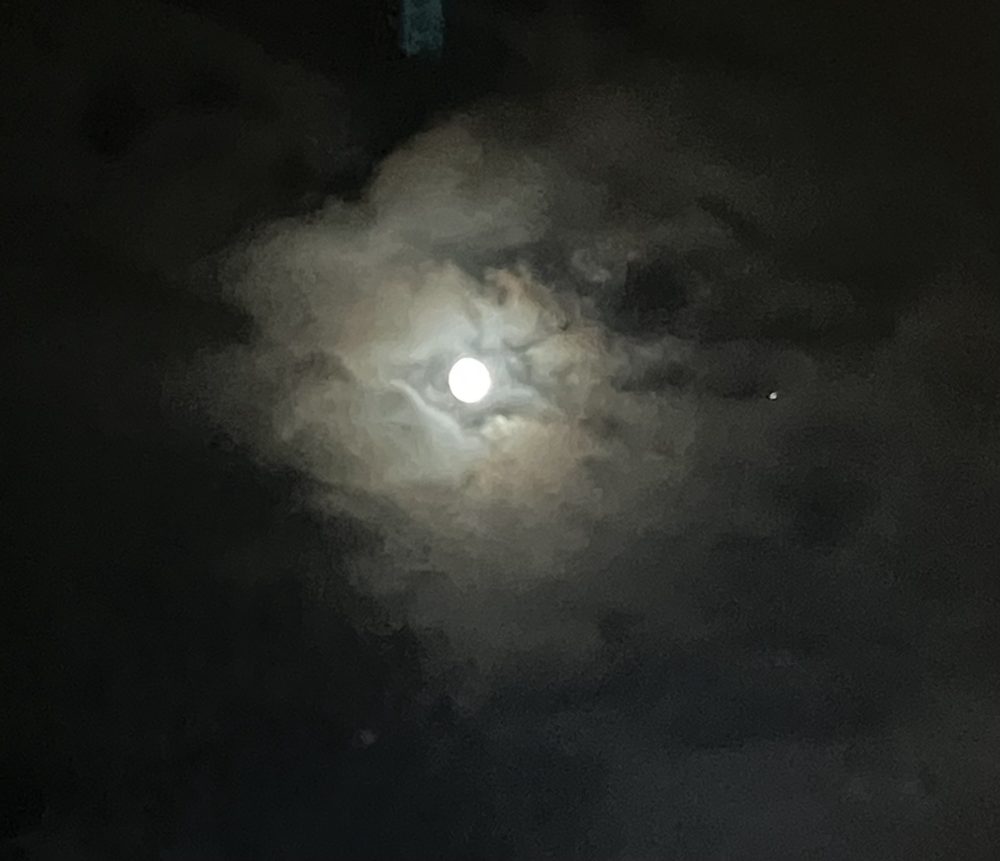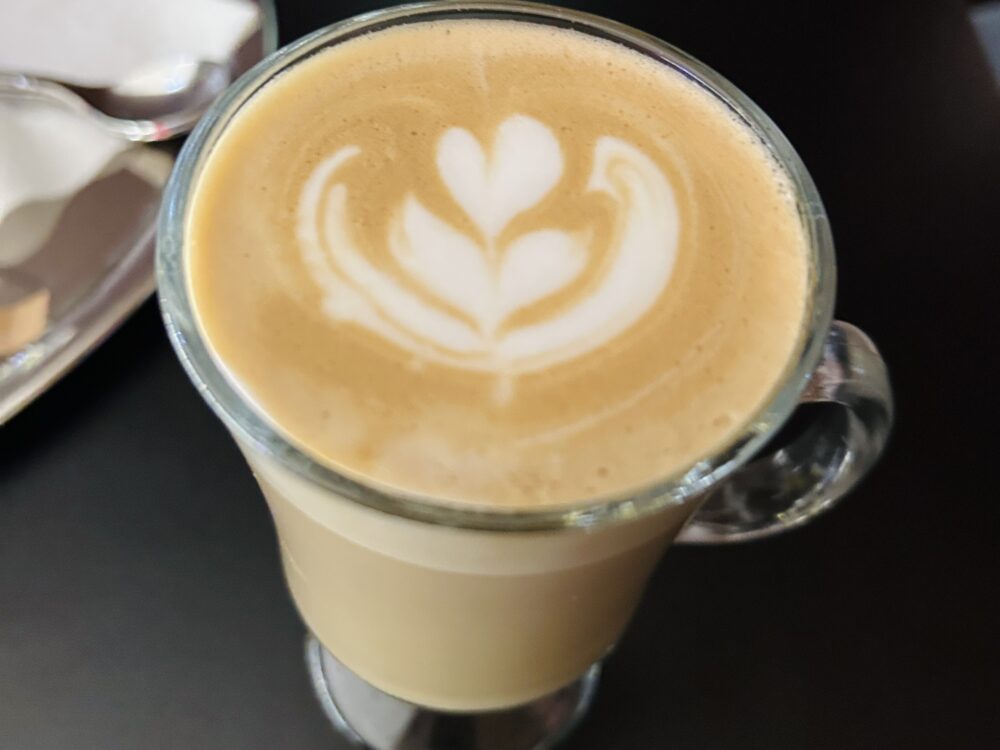Have you ever wondered why the full moon is so captivating and mesmerizing? There is something about the sight of the moon shining brightly in the night sky that stirs our emotions and imagination.
The full moon is mysterious, threatening and romantic at the same time. The clouds are illuminated and create a beautiful corona (or halo) around the moon.
The full moon has inspired countless myths, legends, stories, poems, and songs throughout history and across cultures.
But why is the full moon so attractive for different cultures? What does it symbolize and what does it mean for us?
The full moon is more than just a natural phenomenon. It is a powerful and sacred force that influences our lives and our world.
Many cultures believe that the full moon has a special energy that can heal, purify, and transform us.
In India, the full moon is known as Poornima or Purnima, and it is seen as a time for fasting, praying, meditating, and performing rituals to honor the gods and goddesses.
In China, the full moon is known as Yue Liang, and it is seen as a symbol of unity and harmony. People celebrate the full moon by eating mooncakes, lighting lanterns, and making wishes.
In Japan, the full moon is known as Tsuki-no-me or Tsukiyo, and it is seen as a time for appreciating the beauty of nature and expressing gratitude.
In Native American tribes, the full moon is known by different names depending on the season, such as the Wolf Moon, the Snow Moon, the Harvest Moon, and the Beaver Moon.
In ancient Greece, the full moon was associated with the goddess Artemis, the patron of hunting, wilderness, and childbirth.
In astrology, the full moon is a time when the sun and the moon are opposing each other, creating a tension that can be used for positive change. The full moon is a time for releasing what no longer serves us, and attracting what we desire.
The full moon is a universal symbol that connects us with ourselves, with each other, and with the cosmos.
#fullmoon #moon🌕 #astrology #china #india #japan #indian #greece













